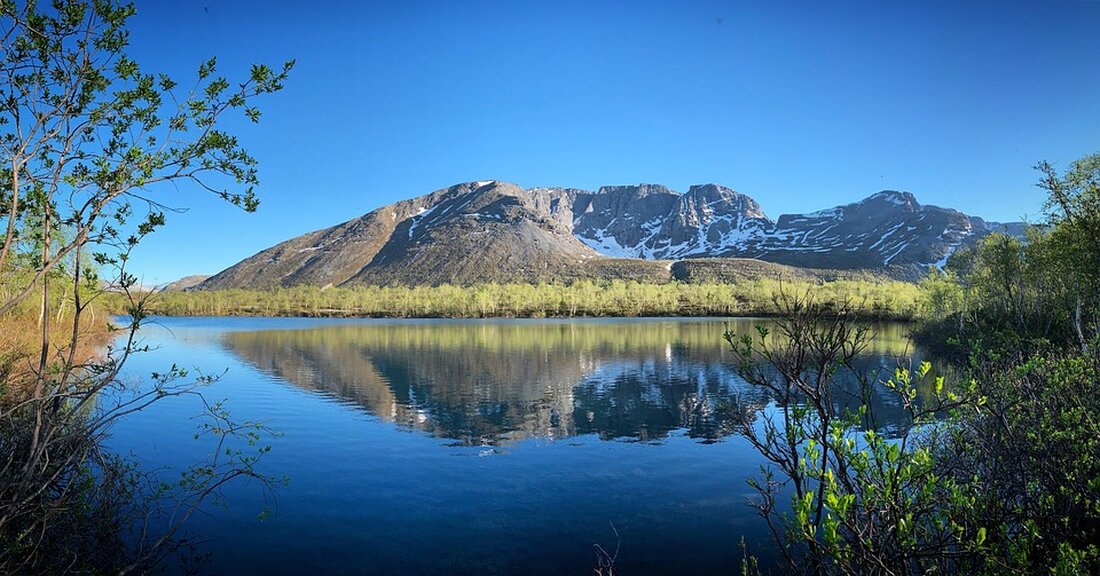Russia and Ukraine start the first direct conversations after 3 years
Russia and Ukraine start the first direct conversations after 3 years
After five days of uncertainty about the proposal of Russia's President Vladimir Putin zu Direct conversations brought the day on which these conversations were originally supposed to begin, only more confusion: a seven -hour queue on the banks of the Bosphorus, a restless meeting of the Russian consulate and finally a decision by President Wolodymyr Selenskyj, which could possibly open a new chapter in this persistent conflict.
chaotic scenes in Istanbul
die Chaotic scenes that developed in Istanbul on Thursday The difficult path lies ahead of us. While the media flowed together in the Dolmabahçe Palace in Istanbul in the morning, Ukraine had not yet confirmed whether it would participate, and there were still specific indications of the composition of their delegation. A source from the Turkish Ministry of Foreign Affairs told CNN that "no meetings were yet planned".
conversations between Selenskyj and Erdogan
Instead, after the Kremlin confirmed to CNN that Putin would definitely not appear, Ukrainian President Wolodymyr Selenskyj had talks with Turkish President Recep Tayyip Erdoğan in the capital Ankara."Waiting is better than knowing the result," joked Stanislav Ivashchenko, a correspondent of the Russian Ministry of Defense, while waiting under the coffee -grown journalists. "Everyone is tired of this conflict," he said to CNN, spoke to the war in Ukraine, "but we will defend our position."
Russia's proposal for negotiations
Russia's persistent defense of his position is a central reason why the Russian President unexpectedly proposed this talks five days ago. In view of an ultimatum from Kiev and its allies, to be agreed with an armistice within 30 days or being faced with significant sanctions, Putin chose a third way.
"We suggest to resume the negotiations that they stopped in 2022," he said in a press briefing on the early Sunday. In order to underpin this, he chose the same city in which some of these early peace talks - Istanbul - took place - and unveiled that he would use the same main negotiator, Vladimir Medinski, a former Minister of Culture and Chairman of the Military History Society.
"The delegation is committed to the constructive approach," said Medinski on Thursday afternoon in a short appearance at the Russian consulate, where he did not answer any questions. The media environment was so intense that consulate officers heard that they would stop the briefing if the journalists did not calm down.
perspective on long -term peace
Medinski claimed that the direct conversations were used to “establish long -term peace and to eliminate the causes of the conflict”. The use of the term "causes", whereby this for Russia extends from the NATO ambitions of Ukraine to its existence as a sovereign state, illustrated how far an agreement may be removed.
and to continue to complicate the situation, Russia and Ukraine are now balancing their own interests with the relationship with Donald Trump. On Thursday, the US President again flashed his own participation in the talks by saying "if something happens", he would consider coming on Friday. White-House representative Keith Kellogg and Steve Witkoff are already planned for Friday in Istanbul.
Selenskyj's decision and the influence of Trump
Selenskyj did not try to hide that Trump played a crucial role in his possible decision to deal with Russia. After meeting Erdoğan in the late afternoon, he said that he would not only send a delegation to Istanbul, but that it would be led by a higher -level civil servant than the Russian side - Minister of Defense Rustem Umerov "out of respect for President Trump".
Russia also carefully observes Trump's next step and continues to hope for the promised realignment of the relationships. And Trump could have fueled these hopes on Thursday when he announced the journalist when he arrived in Abu Dhabi: "Nothing will happen until Putin and I meet."
The former Russian diplomat Boris Bondarev, who left his post in Geneva in 2022, said he thinks that a meeting with Trump was a great victory for Putin, while he is not interested in a meeting with Selenskyj. "Two large powers should come together and discuss how inferior countries should live under their protection," he said in an interview with CNN from Switzerland. "This is how he sees the world. That's why Selenskyj doesn't fit in."


Kommentare (0)